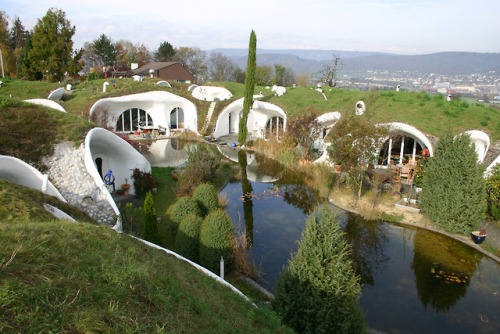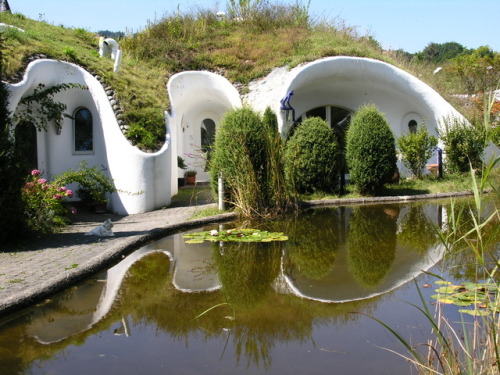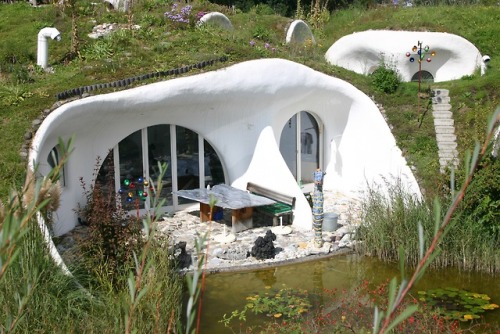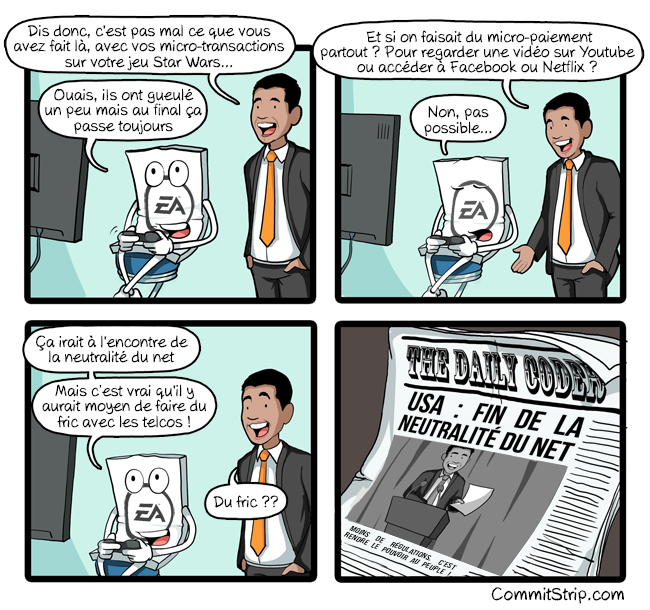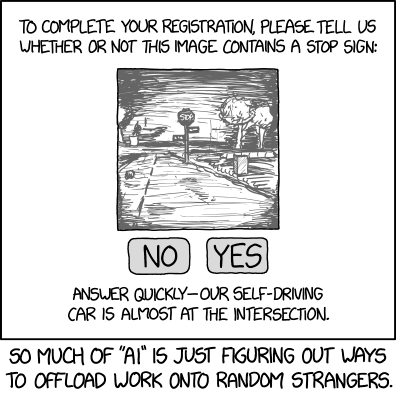In failing to build a company, I have learned many things. Core to all of them is that a company is not a product. Ideas change, products change, people change. We “pivot”, rapidly, relentlessly, sometimes ruthlessly.
Managed well, change is a catalyst. Managed badly, it can be catastrophic.
In this series, I try to explain the various ways in which I failed to understand this, and how I would endeavour to do better next time. You may notice that the style of these posts is more instructive than usual. Remember that these are mostly addressed to my future self, and as such, I am telling myself what to do; you, my dear completionist, can do whatever you want.
I am a millennial, and therefore I want to be friends with all my co-workers. I thrive in a place where we can play a game of table tennis in the break room, talk about listening to covers of metal songs by angry Finns playing the cello, or simply grab a beer (and talk incessantly about beer, because nerdery is not limited to computers). Since working from home, I really appreciate a chat over coffee, even if it is through a screen.
At Prodo, we used to play Dungeons & Dragons every Tuesday night. It was a wonderful way to bond with my team and get to know each other.
And yet, it strikes me now that perhaps I could have seen it as a warning sign, because it was the work event I looked forward to the most.
I worked with lovely people who I consider friends, even if we don’t talk too often nowadays. It turns out that doesn’t make a company.
Perhaps if I’d invested that energy into pair-programming more with the developers, or trying to push for a product that customers loved, things might have gone better.
Friendship is excellent, but don’t mistake it for doing a good job; we can do that and still clock out at 5pm every day. We don’t need to drink together to be able to work together on system architecture, or a sales strategy.
Though, of course, it helps.
Thanks for all the fish
This is the last article in the series, at least for now. I hope you found it informative and at least a little entertaining.
If you do have any feedback, or just want to say hi, please drop me a comment, a tweet, or an email. Details are at the bottom of every post on the website (so click through if you’re reading this in a feed reader).
Cheers all. I found this very fun to write.
- Introduction
- Focus on the problem, not the solution
- If the company goals change, the company should probably change too
- "Do research" is not a corporate strategy
- Your corporate values transcend your product vision
- Trust your gut, understand your heart, and open your mind
- Go to therapy with your co-founders
- Explore the terrain first
- Unless someone cares, don't waste your time
- Code is a liability; ship without coding, if possible
- Do less, and do it better
- Agile methods are tools to try more ideas in less time
- Until you have traction, money is a trap
- If you don’t know how to do it, that’s your biggest problem
- Roles can be fluid, but they must be defined
- Camaraderie is helpful, but no substitute for working together

